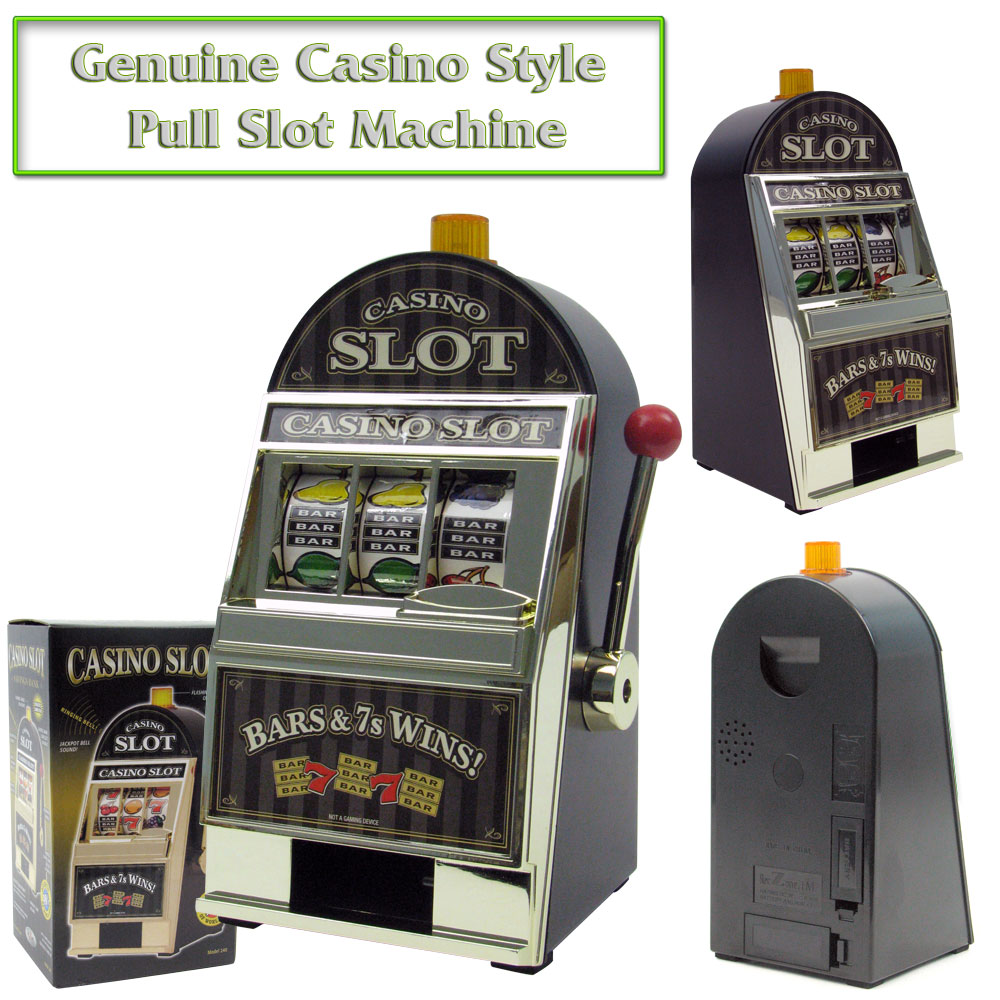


He plans to force all slot machines to go cashless by 2028, enabling gamblers to set loss limits in advance and making it harder for criminals to use the machines to launder money.

He said he can no longer watch his state "profiting off other people's misery" and hopes the rest of the country follows. In a state where the major political parties receive big donations from the gaming industry and gamblers annually put A$95 billion through poker machines, equivalent to one-seventh its gross domestic product, Premier Dominic Perrottet and his government have broken ranks. It is the first time gambling has been a key issue in a state election, challenging an industry that supplies more than 5% of state taxes and props up the welfare sector with A$100 million ($67 million) a year of state-subsidised grants. Gambling losses per head in New South Wales are higher than anywhere else, meaning a switch to mandatory cashless machines would be closely watched by gambling regulators around the world. Heading into a state election on Saturday, the conservative coalition has promised to rein in the powerful "pokies" industry in a jurisdiction with nearly one-tenth of the world's million machines, second only to Las Vegas. In what would be a world first move to tackle problem gambling and money laundering, the ruling party in Australia's most populous state and one of the world's biggest gambling centres, New South Wales, wants to make slot machines cashless. "I will never go back to it ever," he added in an interview. "It wasn't an intentional thing, but before I knew it there was no money left," said the 33-year-old air conditioning technician from Sydney, who has given control of his bank account to his sister. SYDNEY, March 23 (Reuters) - When David McMillan stole A$5,000 from his dying father's small business last year, he knew it was time to kick a gambling habit that had consumed his life since he started emptying paycheques into slot machines at 17.


 0 kommentar(er)
0 kommentar(er)
